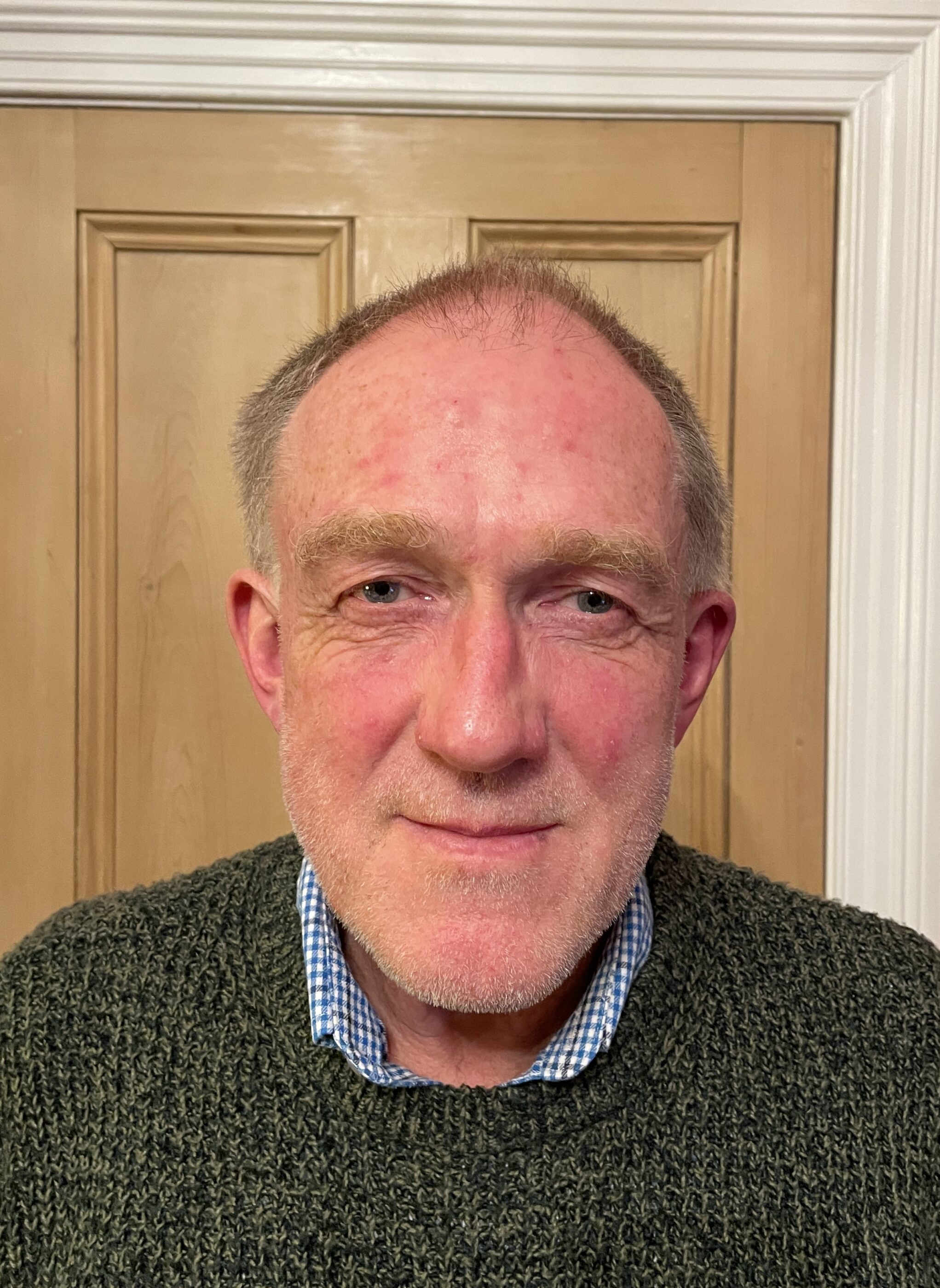Angus Clarke is Emeritus Professor in Clinical Genetics at Cardiff University, Wales, UK. He will be giving the ELPAG Award lecture on Saturday 1 June at 14.15 hrs.
Angus Clarke had ‘very medical ‘ parents, but, he says, they would have been happy whatever career he had decided to pursue. However, he chose to follow in their footsteps, first of all hoping to become a psychiatrist. “But I found so many other things along the way that were too interesting to pass by – genetics, then, paediatrics, and then paediatric genetics,” he says.
His interest in genetics started at Cambridge, where he heard talks from some of the most renowned geneticists of the time, such as Sydney Brenner and Gabby Dover. “They were hugely stimulating and encouraged me to find out more about the subject.”
After obtaining a BA in genetics, he qualified in clinical medicine, working first in general medicine and then in paediatrics. As a research registrar in clinical genetics at Cardiff, he studied the clinical and molecular genetics of ectodermal dysplasia, and later developed an interest in Rett syndrome and neuromuscular disorders while working with John Burn in Newcastle upon Tyne. On his return to Cardiff in 1989, he continued these interests. “I was lucky enough to work with Peter Harper, who gave me the flexibility and control over my own activities that enabled me to pursue clinical duties and teaching obligations, while maintaining the possibility of developing my research interests.
“The combination of all three was vital to me and I thrived because of it, though it meant that research activities could only be pursued once my other tasks had been completed, so I was often writing and pursuing research late into the night, or even in the early hours of the morning. This was not very family friendly!”
He regrets some of the changes that have taken place in UK science funding and universities since his early days. “I am unhappy about the way access to funding has been subject first to fashions in thinking in the 20 years up to 2010, and since then to across-the-board cuts. All this meant that there were lots of good projects that many researchers (not just myself) could have worked on, but which didn’t get funded.” Perhaps as a result of these funding problems, careers have suffered too. “The career structure for junior post-docs today is lamentable, as is the conversion of universities into businesses.”
Angus Clarke is ‘retiring rather slowly’. He no longer holds regular clinics, but continues to see patients occasionally, and is still involved in research and teaching. Once he retires fully he won’t be short of things to do. “There is so much going on in the world that is interesting, and so many great books to read. I’d also like to improve my languages and perhaps learn a few more.” And that’s not to mention trying to find ways of visiting his far-flung grandchildren. “Finding a way to visit my grandchildren without flying links, in turn, to a desire to find a way for people of my generation to be able to leave the world in a better state than we found it.”
He will be telling the conference about his early clinical and research experiences, and how this engendered his interest in social science and ethics. “The time I spent talking to families across the UK for my first research post shaped what I went on to do later, and particularly my focus on the ‘lifeworld’ factors that influence family communication about genetic conditions and also patient decision-making.”



